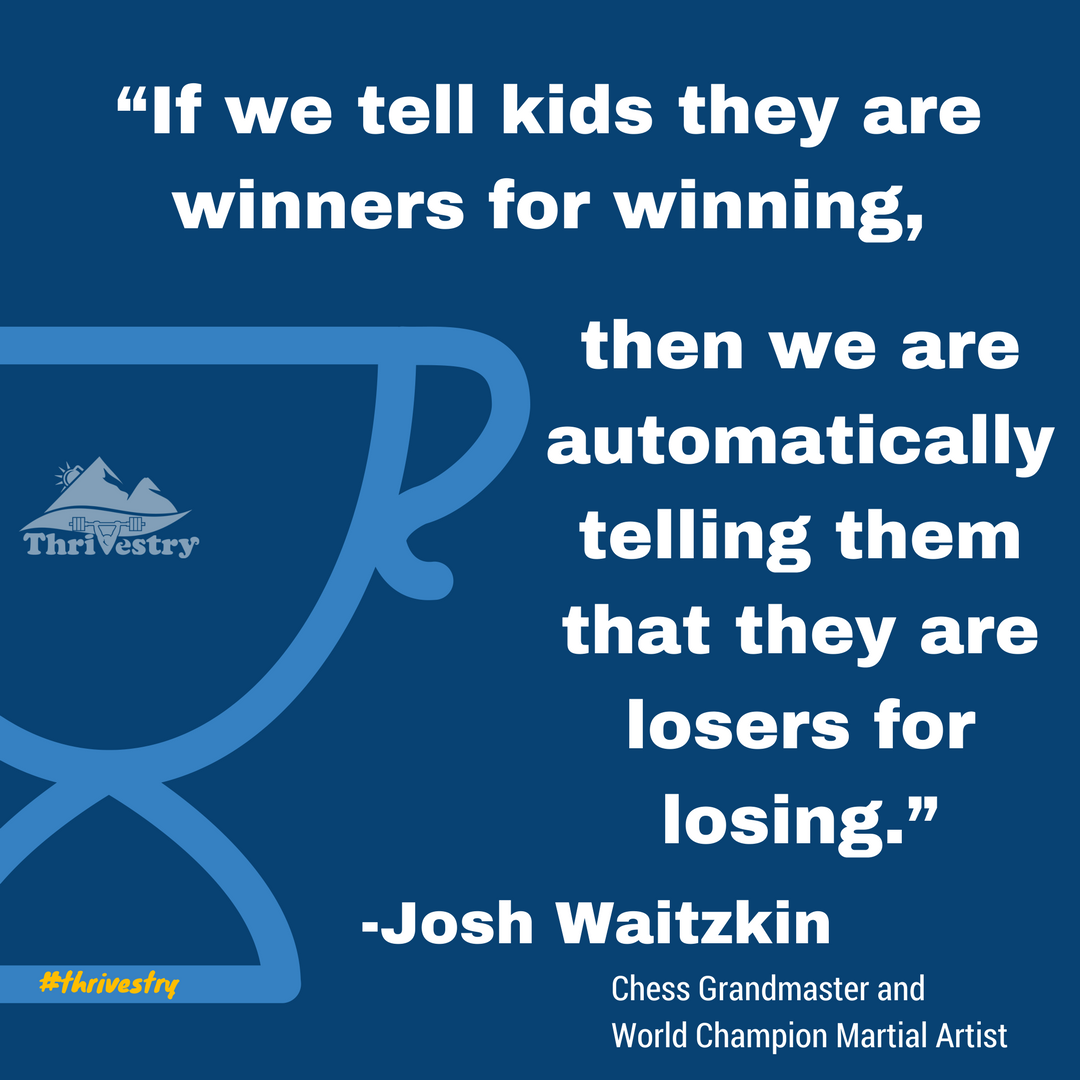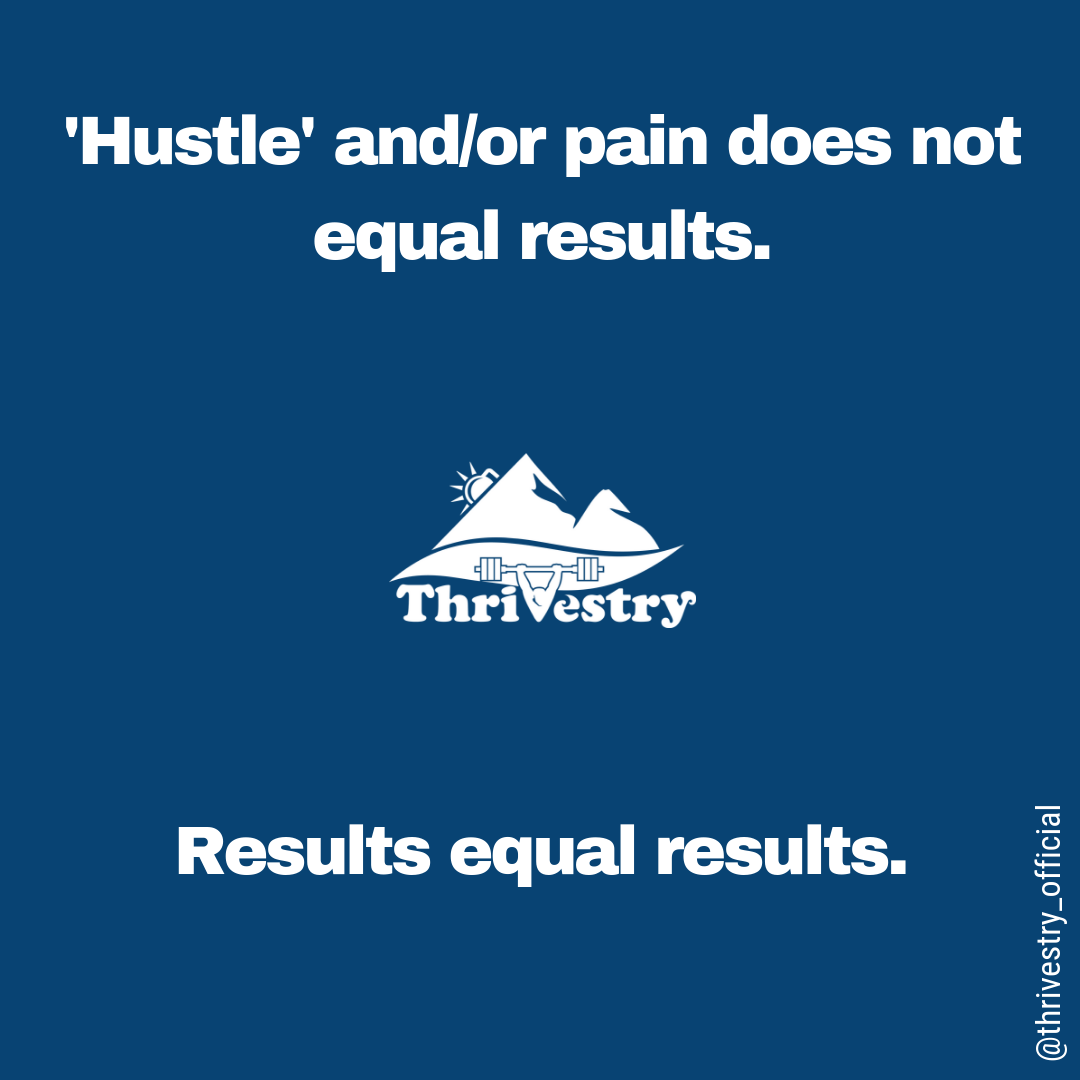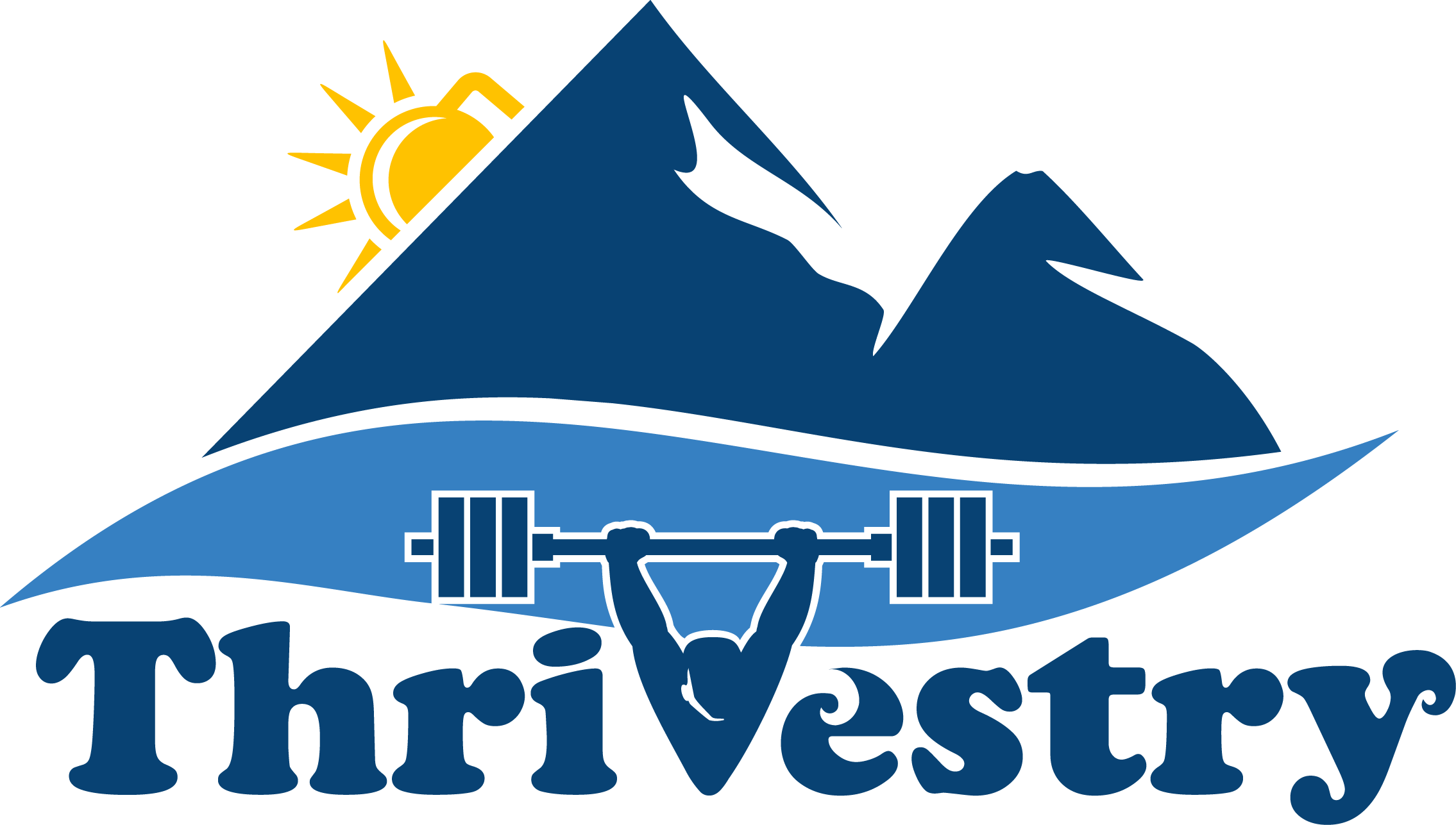Cheating Reps, Ego, and the Growth Mindset in CrossFit
Cheating reps, fixed mindset, and ego. (Read time: 6:44)

Members shaving or cheating reps is always going to be a factor when recording scores. But why? Why is it that some people are known to ‘fudge’ and others don’t seem to care at all? What does it say about someone that doesn’t like to record their numbers?
Fixed Mindset vs Growth Mindset
As educators and coaches we should be intimately familiar with the growth mindset. We know that if we put in the effort at the gym, we will get better. But what about traits like intelligence, creativity, athleticism, or people skills?
What neuroscience has been proving time and time again is that the brain is malleable. Our brains will develop and grow to the tasks if we tell it what we want it to do (through practice). It is absolutely true that we can improve any of the traits above through the proper training and practice. History is replete with very talented people that were once labeled as ‘inept’.
Praising Traits or Praising Effort
Carol Dweck is famous for her research on the growth mindset. In one of her landmark studies, she had kids do a puzzle. One group was praised with “Good job! You must be really smart.” and the other group was praised with “Good job! You must have tried really hard.” The differences between outcomes is a bit staggering.
|
|
Praised for Intelligence |
Praised for Effort |
|
Desire on the next test |
Wanted an easier test |
Wanted a harder test |
|
Performance on next test (test was same difficulty) |
Drop in performance on second test |
Significant increase in performance on the second test |
|
Submitting scores |
3x more likely to lie about their scores than Effort group |
3x LESS likely to lie about their scores than the Intelligence group |
“If we tell kids they are winners for winning, then we are automatically telling them that they are losers for losing.” -Josh Waitzkin
Protecting the Ego
Chances are, you have your own ‘fixed’ mindset thoughts about certain people or characteristics of yourself. Ego (as in the sense of self) is who we deep down think we are. It is tied to our Identity. Many people we coach may have a growth mindset about certain things, and a fixed mindset about others. If our Identity is tied to performance, our Ego will not know how to cope. To protect this discomfort, people will come up with excuses, not believe the results, say that others cheated, and… cheat themselves.
Culture of Growth and Mastery
Culture can go a long way to help people get over this discomfort. Gyms that tend to put top performers on a high pedestal, and who don’t praise the hard workers making gains at the lower levels, will always have trouble with people fudging their numbers. Our members want praise (sometimes called ‘strokes’) from their coach and their peers. If the top performers are getting all of the attention, or if a member seems to have gotten ‘beaten’ by someone in class they normal best, or they under perform expectations, they are much more likely to use one of the coping mechanisms above.
Let’s say you have a good culture around praising all effort, and you still have a problem with someone ‘rounding up’. That means that this person likely has an Identity that is tied to performance and praise. First of all, NEVER call out a person in front of others. This type of discussion is best done one on one. Second, confronting their Ego the wrong way will likely make them resist and deny even more that there is an issue.
A better approach is to open the discussion about the growth mindset, and praising effort and consistency. Just like ‘consistency doesn’t mean coming 7 days a week’, praising effort doesn’t mean that they always ‘crush’ themselves every workout. It means that they are deliberately trying to do the movements better and that they are working toward mastery. The score on the whiteboard is a snapshot of current levels of performance. Pushing the boundaries of proper mechanics and/or skewing the numbers makes the performance data tainted. As much as possible, data should be recorded as a passive observation, not forced to fit a target number.
Allowing the person to let go of their performances ‘to work on form’ can be a shortcut. This justification may be just the excuse they need to record their real results and get out of the fudging game. Praise them on their effort toward practicing technique and improving mechanics. Highlight their form improvements to others (not their scores). During recorded efforts (lifting, metcons, etc.), you as a coach should slow them down and force them to move better. Demonstrate to them that you are paying attention to their reps and rounds by constantly asking them where they are at. At the end of the workout, point out to some of their peers (if not the whole class) that they probably would have gotten a better ‘score’ if you hadn’t been on them so much. This will save them some face and put some of the blame on you (protecting their fragile ego until it can become more resilient).
What about people that never want to record their scores?
Some people never record their scores because they are lazy and they don’t have an easy way to do it. This isn’t the best for the long term, but it can be remedied in many cases by making it easier for them to record (leaderboard at the gym, online tracking, training logs at the gym, etc.). You can also convince them by talking about the long term goals of improvement over a lifetime. It is very motivating to look back at scores from months and years ago and to see how far you have come. I have heard it thousands of times: “I wish I had started logging when I started so I could see how much progress I have made!”
Other people don’t log their performances because they want to protect their Ego.
This goes back to the growth mindset. Under scans, people who have a growth mindset have their brains light up when they get feedback. When they learn how to get better. People who have a fixed mindset will have their brains light up when they receive their scores relative to others.
The recording of performance is less about comparing yourself to others as much as it is about growing and developing.
In most of our gyms, there will be some comparisons made. This will be a challenge to people’s Egos and some people will want to protect themselves from the discomfort. This is a short term strategy. The lesson is to put aside the Ego and understand that the score is just a passive reflection of where you are at that day. It is not tied to what people think of them, their success as a human being, or their progress. Point out to them that without at least some recording, they will eventually burn out. It is like painting a room with a roller without paint. Without the paint, how will they know they are ready to move on to the next room?
Building a Mastery Culture
Here are a few things you can do in your community to foster a growth mindset and allow people to challenge their Egos so they can grow as humans.
- Talk about the growth mindset versus fixed mindset.
- Praise effort toward mastery at all levels.
- Set up environments where it is okay to fail. Learning requires trying new things and failure is a critical part of it.
- Celebrate everyone’s milestones just as much (if not more so) than top performances.
- Cultivate a culture of belief. Everyone should believe that they can get better at any skill with practice and consistency.
I hope this helps you understand the psychology of shaving reps, and what to do with numbers fudgers and non-loggers!
-jj
Bonus!: Here is a video talking about the research and the growth mindset!
Please share this if you found it useful or if you think it might help someone else.
Here are a few other things you may find interesting:
The BIGGEST Thing Holding Back Your Progress.

There is a person inside of you that is always rewriting history. That is always comparing yourself to others. That is constantly worried about what other people think. That prevents you from learning because it tells you that ‘you already know this’. That is sabotaging your future self by trying to stay comfortable now.
This is your Ego, and it is your biggest enemy...
Discomfort: Seek out discomfort to coax development and growth?

Discomfort: Seek out discomfort to coax development and growth, but do not confuse discomfort a sign of progress.
One of the most important things you can develop in your life is the ability to become comfortable with being uncomfortable. Stepping out of our comfort zone to experience something new, to learn something hard, to meet someone different, or coax adaptation from our bodies… this is what makes people great. Nobody ever achieved greatness because they chose the comfortable path. Motivational stories that move us the most are directly related to the amount of discomfort someone had to endure to reach their destination.

0 comments
Leave a comment